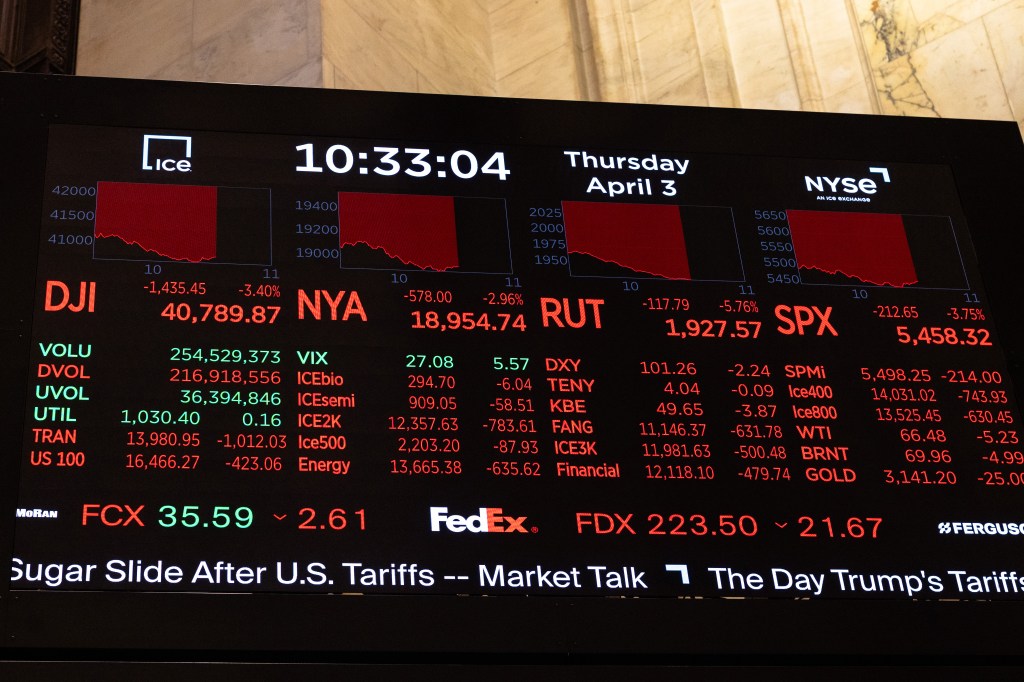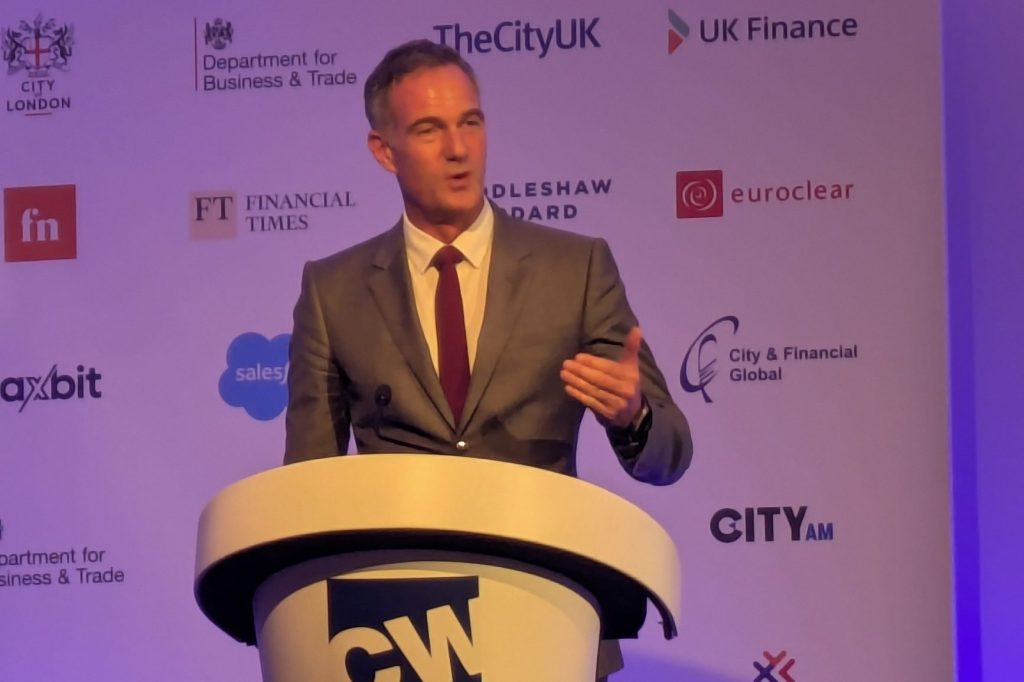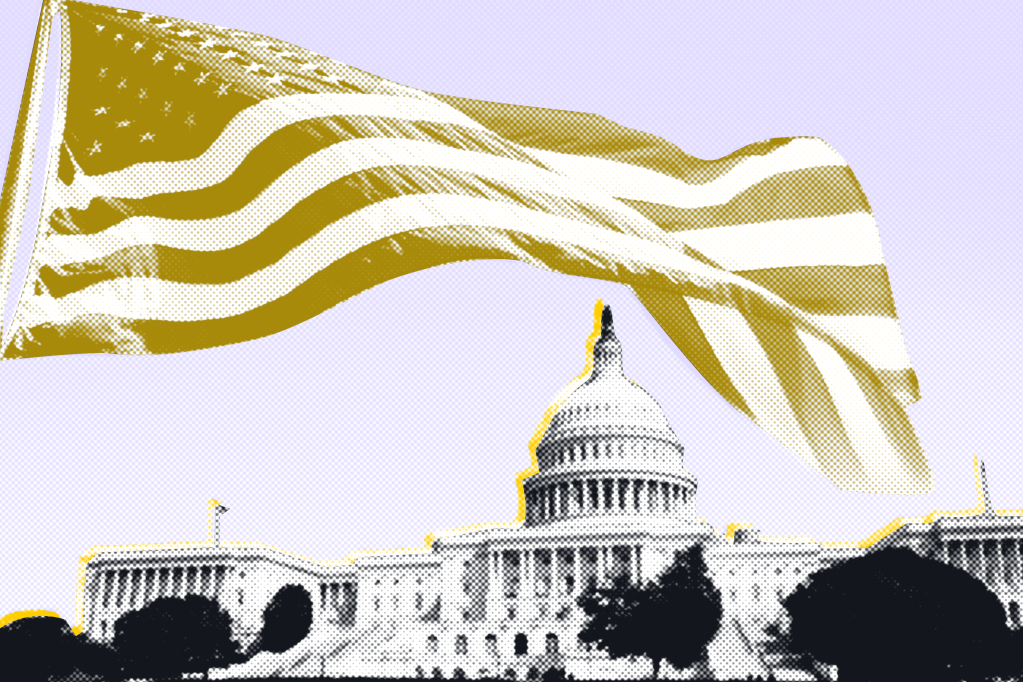SEC Chair Gary Gensler appeared before the Senate Committee on Banking, Housing and Urban Affairs on Tuesday.
He was grilled on the SEC’s track record during his tenure, and lawmakers’ questions vacillated between whether his agency moved too quickly or too slowly, whether or not it was too harsh on cryptocurrency firms, and whether the agency’s proposed rules for climate change were too draconian, especially for smaller firms.
Although Committee Chairman Senator Sherrod Brown (D-OH) opened the session by praising Gensler’s leadership and proposing strong investor protections during his tenure, Senator Tim Scott (R-SC) quickly responded with a far more critical approach.
He cast the SEC and its leader as too slow to engage with governmental inquiries, even as a series of crises such as the FTX collapse and regional bank failures sent the digital asset industry and other sectors into meltdown. And he said the SEC was hindering the United States’ ability to compete and innovate in the marketplace.
Gensler suggested the Scope 3-related aspect of the proposal – the tracking of indirect emissions caused by a company’s supply chain or customers – could be changed.
Cynthia Lummis (R-WY) pressed Gensler about Staff Accounting Bulletin 121, which requires that a 1:1 USD backing must support the custody of digital assets – such that the balance sheet must show the custody of crypto as a liability. She said this would effectively prevent many institutions from being able to offer digital asset custody services. (Lummis and another lawmaker wrote a letter back in March to the US banking regulators about those digital asset accounting rules.)
Gensler said the Bulletin only applies to public companies and exists just to tell businesses how to display financial information to investors properly. He said his agency does not speak to how the asset is backed, as that is up to the bank regulators.
Some lawmakers asked about the SEC’s proposed rules for climate reporting, whereby companies of a certain size would be required to disclose the risks that climate change poses to their businesses. He specifically avoided answering when the rule might move forward.
Gensler suggested the Scope 3-related aspect of the proposal – the tracking of indirect emissions caused by a company’s supply chain or customers – could be changed.
Tech leaders and lawmakers meet about AI
On Wednesday, Tesla CEO Elon Musk, Alphabet CEO Sundar Pichai, Microsoft’s former CEO Bill Gates, Meta’s CEO Mark Zuckerberg and other top tech executives met with lawmakers at Capitol Hill in a closed session to talk about regulating artificial intelligence (AI). Several leaders from the entertainment industry, civil rights groups and labor organizations attended as well.
The attendees, including the business leaders developing AI platforms themselves, are seeking ways to mitigate the dangers posed by the emerging technology, which has been on nearly everyone’s minds since OpenAI’s ChatGPT chatbot was introduced earlier this year.
More than 60 senators participated, and Senate Majority Leader Chuck Schumer (D-NY) organized the forum.
A regulator would “ensure that companies take actions that are safe and in the interest of the general public.”
Elon Musk, CEO of Tesla and owner of social media platform X.
Musk said there was need for a regulator to ensure the safe use of AI.
“It’s important for us to have a referee,” Musk told reporters, comparing it to sports. The billionaire, who also owns the social media platform X (formerly Twitter), added that a regulator would “ensure that companies take actions that are safe and in the interest of the general public”.
Zuckerberg said Congress “should engage with AI to support innovation and safeguards. This is an emerging technology, there are important equities to balance here, and the government is ultimately responsible for that.”
Senator Todd Young (R-IN), a co-host of the forum, said he believes the Senate is “getting to the point where I think committees of jurisdiction will be ready to begin their process of considering legislation”.
Lawmakers expressed the need for safeguards against potentially dangerous deep fakes such as bogus videos, election interference, and attacks on critical infrastructure. Schumer emphasized the need for regulation ahead of the 2024 US general election.
Some lawmakers decried the fact that this meeting was a closed one, arguing these issues should be debated in a public forum.
Related Note: On Tuesday, a group of tech companies said they had signed President Joe Biden’s voluntary AI commitments requiring steps such as watermarking AI-generated content. Seven companies were already on the list when it was unveiled in July.
The additional companies announced as signatories on Tuesday are Adobe, IBM, Nvidia, Palantir, Stability, Salesforce, Scale AI and Cohere.
US lawmakers debate possibility of a CBDC
In a Thursday hearing, the US House Financial Services Committee’s Subcommittee on Digital Assets discussed the potential implications of a central bank digital currency (CBDC).
While the Biden administration has yet to propose a CBDC in any formal way (the Federal Reserve and Treasury Department has expressed interest in exploring it), the concept has become a contentious issue among lawmakers.
Republican lawmakers have introduced several bills to prevent the development and implementation of a digital dollar, viewing it as a threat to personal privacy.
Rep. Tom Emmer said that without proper safeguards for privacy and decentralization, a government-issued CBDC could become a surveillance tool that undermines individual freedoms.
Undeterred, Representative Stephen Lynch (D-MA) reintroduced a bill on the same day that calls for the establishment of a CBDC pilot program within the Treasury Department. Lynch’s bill argues that the US should be at the forefront of developing and regulating digital currencies, especially as countries such as China and Russia are making progress in this area.
The proposal for a US digital dollar would involve the issuance of a purely digital form of currency by the Federal Reserve, but questions remain as to how transactions would be handled, tracked, and regulated. Federal Reserve Vice Chairman for Supervision, Michael Barr, emphasized that any progress on a CBDC would require approval from the White House and Congress.
As author of one of the bills seeking to prevent a retail digital currency launched through the Federal Reserve, Republican Representative Tom Emmer (R-MN) said that without proper safeguards for privacy and decentralization, a government-issued CBDC could become a surveillance tool that undermines individual freedoms.
According to a survey conducted by the Bank for International Settlements, these currencies are being considered by nine out of 10 central banks across the globe.

















